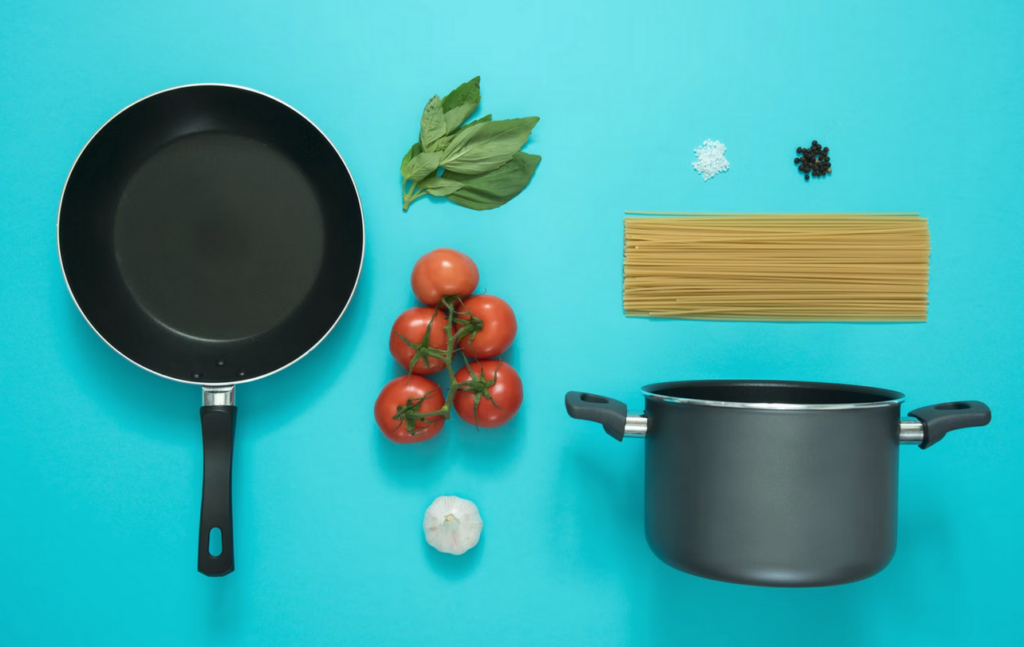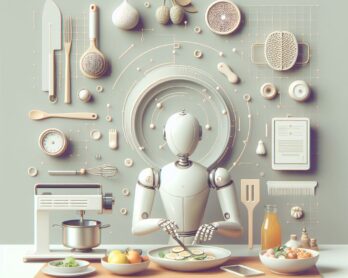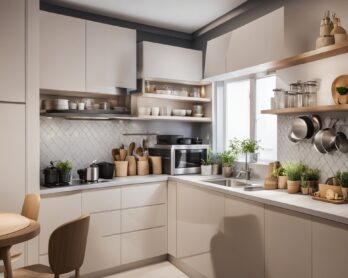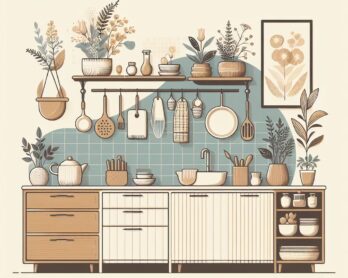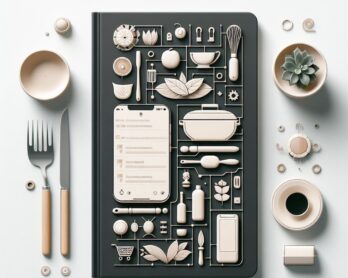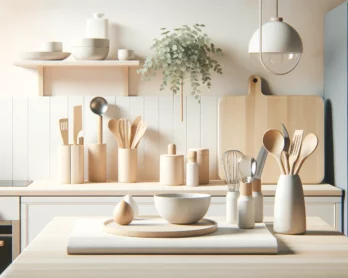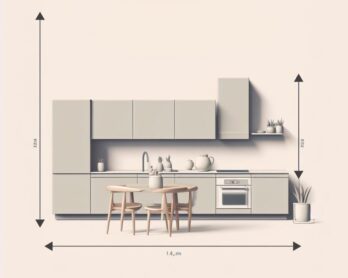Accidents can happen at any time, and kitchen accidents have the potential to be severe enough to require a trip to the hospital. Here are some kitchen safety 101 tips to keep in mind to keep your friends and loved ones safe.
Start By Making the Kitchen Safer
Every kitchen has unique dangers, but there are some things everyone can do to create kitchen safety, including:
- Install an up-to-date smoke alarm and carbon monoxide alarm
- Use grounded outlets for kitchen appliances
- Check appliances older than ten years old and consider replacing them
- Get in the habit of closing kitchen cabinets
- Cook with the window open to ensure proper ventilation
- Keep counters and floors clean and dry
- Clean the stovetop and empty the oven before use
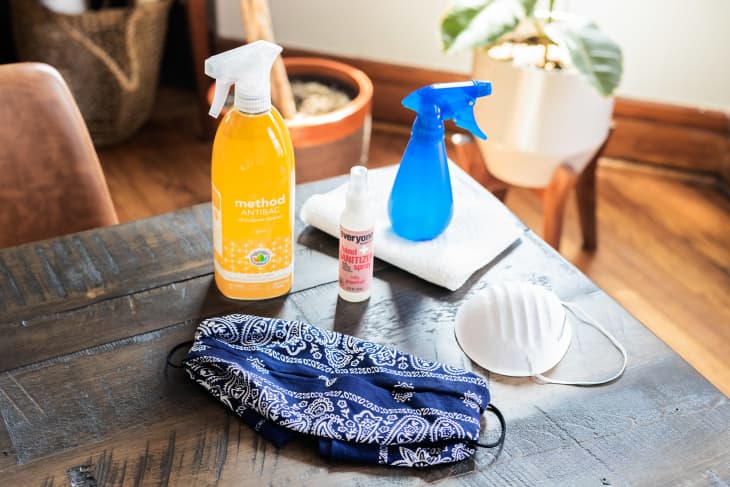
Keep An Eye on Kids and Pets
It would be best to keep kids and pets out of the kitchen when you’re cooking, but there’s a lot to be said about cooking with kids. If you have kids in the kitchen, keep an eye on them – especially when dealing with hot food and sharp objects. The same rules apply for pets. Be careful about moving around the kitchen with pets underfoot. Cats, in particular, have a habit of getting in the way without anyone realizing it.
Don’t Start Fires
Cooking might involve fire, but a good cook knows not to play with fire. Kitchens are filled with fire hazards, so here are some tips to keep in mind for a fire-proof kitchen;
- Don’t leave flammable things – such as cooking oil, packaging, paper, and aerosol can – near an open flame
- Don’t leave food unattended in the oven or on the stove. A watched pot will eventually boil, but it shouldn’t burn at least.
- Know where you keep your fire-suppressant materials, such as baking soda. Purchase a kitchen fire extinguisher if you don’t have one already. If you do, ensure you know how to use it and keep it in working order.
Take Care With Knives
Knives are among the most critical tools in the kitchen. Take a minute to learn how to use a knife properly to avoid cutting yourself. One of the simplest ways to stay safe with knives is to keep them sharp. Dull knives slip and need more force for cutting, which leads to accidents. Here are some other knife safety tips:
- Store knives safely. It would help if you kept knives clean and stored separately rather than bundled loosely in a drawer.
- Never walk with a knife pointing out – hold the knife pointing down. Never run while holding a knife.
- Don’t leave knives dangling on work surfaces and cutting boards.
- Never leave knives in the sink. Not only does this dull the blade, but you risk cutting yourself by not being able to see it.
- Stabilize your cutting board to avoid it slipping.
- Always cut away from yourself
- Learn some basic knife skills, such as the proper way to hold a knife to avoid cuts
- Use the right knife for the job
Appliance Safety
It goes without saying you should never put your hand near a moving blade. You should also avoid putting your hand near stationary blades, especially ones connected to electricity. Never put your hand in a blender or emulsifier unless you unplug it first.
Stovetop Safety
Don’t forget that stovetops can get hot quickly, especially electric ones. The whole stove quickly heats up even if you use only one stove burner. Small stoves are a more significant burn hazard because there is less space for the heat to dissipate.
Leaving high-heat burners unattended is a risk with all stoves. Don’t preheat something and then walk away. There’s always the chance you could forget about it. You would be surprised how often that can happen.
Be careful when lighting a stove with faulty pilot lights. Please take a look to ensure the burner is lit and that it stays lit when adjusting the heat. Don’t be surprised if the flame suddenly goes out on low heat. Avoid leaving the gas on for more than ten seconds at a time. If your stove isn’t lighting, no matter your best efforts, then turn it off for a minute to let the gas disperse before having another go. Check to see if the knobs are turned off or not to ensure they aren’t letting gas into the air.
Final Thoughts
For all of the potential hazards found in the kitchen, it’s easy to learn how to avoid them and practice safe cooking techniques. With a little forethought, care, and attention, you’ll keep your kitchen – and yourself – in one piece. It’s better to be safe than sorry with the potential hazards of kitchen safety.
Please check some additional safety rules from University of Rhode Island

